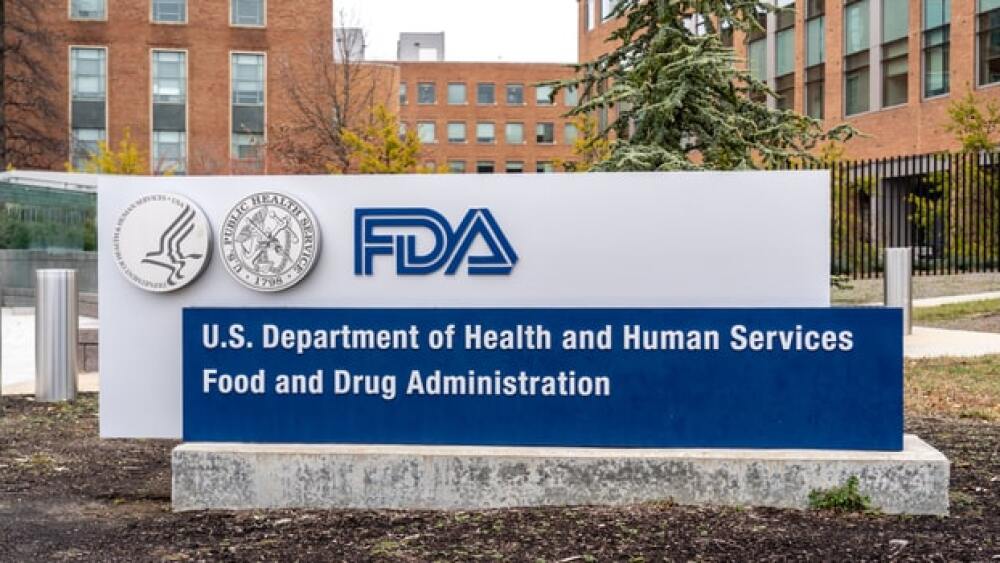vTv Therapeutics said that the funds it saves through this process will allow it to focus on the Phase III development of TP399 and the company’s future growth.
Shares of vTv Therapeutics are climbing in premarket trading this morning after the company announced plans late Monday to restructure and reduce its head count by 65% in order to ensure funding for a Phase III trial for the company’s lead diabetes program TTP399.
Deepa Prasad, the new president and chief executive officer of vTv Therapeutics, noted the difficulties in restructuring a company and terminating more than half of its workforce. But, she said that the funds the company saves through this process will allow it to focus on the Phase III development of TP399 and the future growth of the company.
Prasad joined the company in October from a previous position as Managing Director at WestRiver Group, a venture capital firm. Prasad joined the company on the cusp of sending the diabetes asset into Phase III. She replaced the previous CEO Stephen L. Holcombe, who announced his retirement. Holcombe will remain with the company as Strategic Advisor to the CEO until Prasad completes her first year as head of the company.
In its brief announcement, N.C.-based vTv did not provide information on exactly how much money the company anticipated it would save through the restructuring, nor did it provide information as to when the layoffs will happen. There was no indication if the 65% reduction was immediate or if it would be a gradual culling of the headcount.
In addition to the layoffs, vTv said it also partnered on the development activities of its other asset, HPP737, a PDE4 inhibitor for the treatment of psoriasis. The company said it was evaluating its strategic options, which could signal a potential divestiture of HPP737.
Additionally, vTv said it has brought on several consultants who have track records of guiding developmental assets through the final stages of clinical study and through regulatory approval.
vTv’s lead asset is a novel liver-selective glucokinase activator being developed as adjunctive therapy to insulin for type 1 diabetes. In a Phase II clinical study, TTP399 has shown an approximate 40% reduction in hypoglycemic episodes in diabetes patients in a Phase II study. Hypoglycemia is the most common acute complication in type 1 diabetes, an autoimmune disease that causes an individual’s pancreas to stop producing insulin. There are an estimated 1.6 million people with type 1 diabetes in the United States. By 2050, that patient population is expected to reach 5 million.
The Phase II data also showed that abnormal serum and urine ketone levels were observed less frequently in the TTP399 cohort than in the placebo cohort. In October, about the same time Prasad joined the company, vTv reported that TTP399 can lower blood glucose without increasing the risk of diabetic ketoacidosis, which can be a life-threatening complication. Data also showed that no hypoglycemic episodes occurred in the TTP399 arm, while four occurred on placebo.
TTP399 was previously granted Breakthrough Therapy Designation by the U.S. Food and Drug Administration.
“Hypoglycemia management is a serious issue impacting the lives of patients and their families. We are very excited to see TTP399’s novel mechanism of action allowing for reduction of hypoglycemic episodes with a well-tolerated safety profile. We continue to engage with the FDA to map out a clear and positive path forward on our Phase 3 pivotal studies with the goal of improving quality of life for patients managing this chronic, burdensome disease,” Prasad said in a statement.





